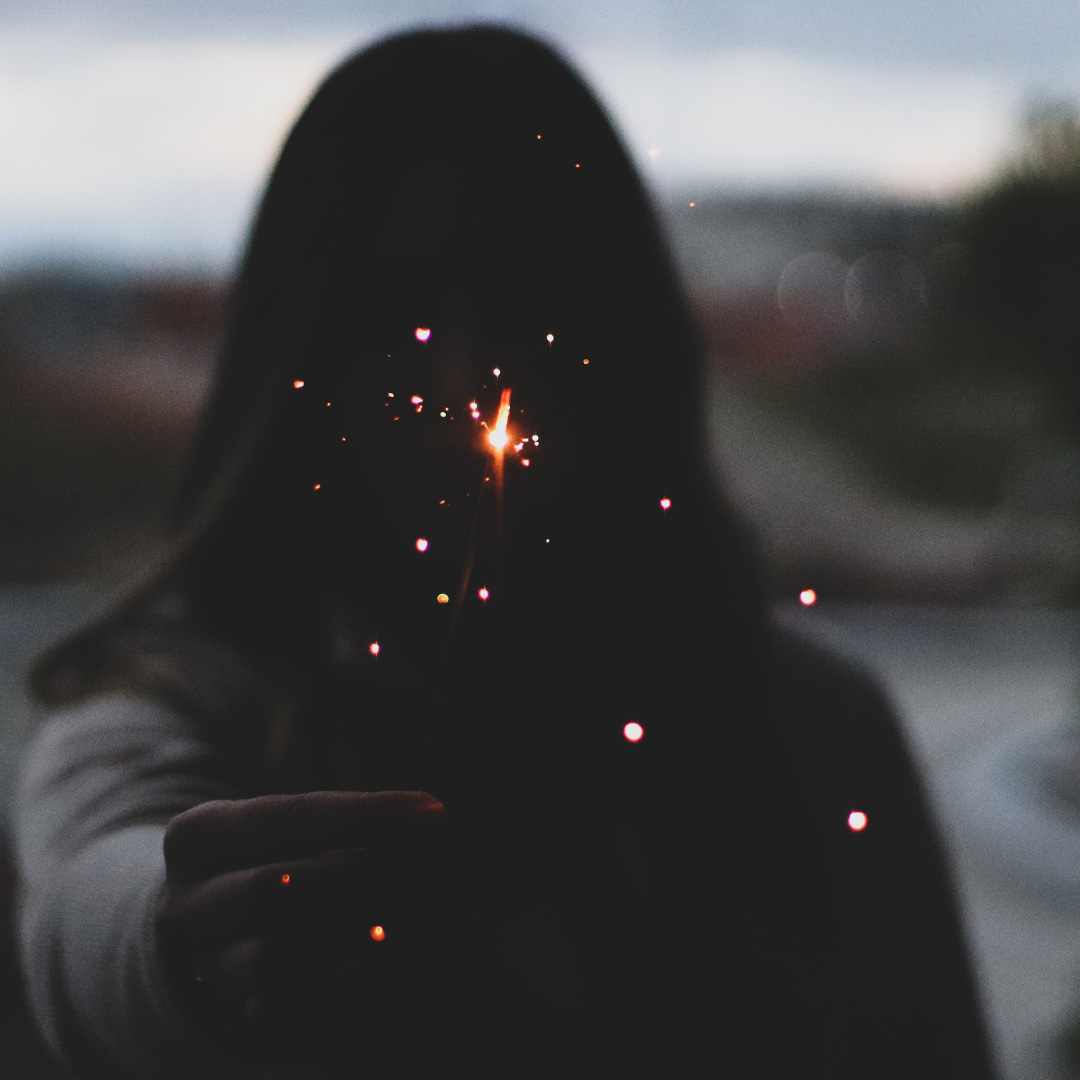“You have an impossible job. I don’t know how you do it.”
I’ve heard this or something like it countless times over the past four years. This time, it was from an ICU nurse who does the impossible every day. I laughed and said, “I don’t know how YOU do it. Thank you for caring so well for him and his family. You are amazing.”
We nodded and smiled awkwardly at one another as people who don’t receive compliments well do. Then I entered the darkened room where another beloved soul had just died.
How do I do it? How do I walk in such close proximity to trauma and death with such frequency? How do I do it without falling into despair?
I’ve been reflecting on this a lot lately. The work I do is not without cost. Vicarious trauma is real and takes a toll on my body, mind, soul, and spirit.
How do I do what I do?
There are certain skills I’ve worked hard to nurture and develop. I’ve also been gifted with an even temperament. I’m told I have a calming presence. These things serve me (and I hope others) well. But no amount of skill, study, or giftedness is enough.
Whenever I am called to accompany people in trauma, death, heart attack, stroke, etc., my first thought is, “How did I get here? What am I doing?” Actually, (swear word alert), my first thought is usually, “Oh shit!” There is an immediate bout with panic and self-doubt. But then my faith compels me to respond and show up anyway because I trust I’m not alone.
When I think about this work, the question isn’t how I (or anyone else… I’m not special) do it. I think the question is, “How do I not lose hope?”
Just beneath my calm exterior is a layer of anxiety and panic that I’ve fought my whole life to subdue. Sometimes, the things I see and accompany people through leave deep scars I can only work out in therapy and/or spiritual direction over time. And for every healing wound, a fresh one opens due to the constancy of what I’m around. In the past week, for example, I’ve seen six people die, a teenager in cardiac arrest, a neglected/abused two-year-old, and a mom withering away with cancer… and that’s just what I remember.
How do I not lose hope? Because I haven’t. It’s hard and painful, but this work has solidified my faith and bolstered my hope more than anything else in my life. It has helped me learn firsthand that God’s proximity to me (and everyone else) is not dependent on my situation or circumstance. God is equally present in my worst moments, finest hours, and everything in between. What kind of loving God would abandon or forsake the family God claims to love in their greatest time of need? What kind of loving God would be absent for our times of celebration and joy? What kind of loving would ignore us because it's a normal, mundane Thursday in August? I believe wherever God is, the fullness of what God provides is present, available, and accessible. And where is God not?
How do I do what I do? I look for even the slightest pinprick of light in the dark. No darkness can fully consume it. I look for it and fix my gaze on it. I look for the light of God, who IS WITH US in even the darkest places and spaces. I look for the light and draw attention to it when I find it. I proclaim the simultaneous truth that this is hard, AND God is good. This is lonely, AND we are not alone. Death is painful; grief stays with you AND does not get the final word. I’m just a mirror that reflects the light that is already shining.
Most people I meet in my work don’t remember my name or face. They are unlikely to remember anything I do or say. But I pray they see and remember the reflection of the light of Christ. I hope they see and remember the hope I’ve found and am finding.
The same gospel I proclaim to others in dark spaces, and places sustains me to do what I do. The ever-present light of God’s loving presence sustains me in my life's darkened spaces and places. As Emmy Kegler says, “Prayer sends me back into the world, saying, ‘Hope is not done with you yet.’”
This is how I do what I do.





Amen. …And curiously I find that sometimes it’s in life’s darkest moments that our gaze can find the pinpricks of light most easily.